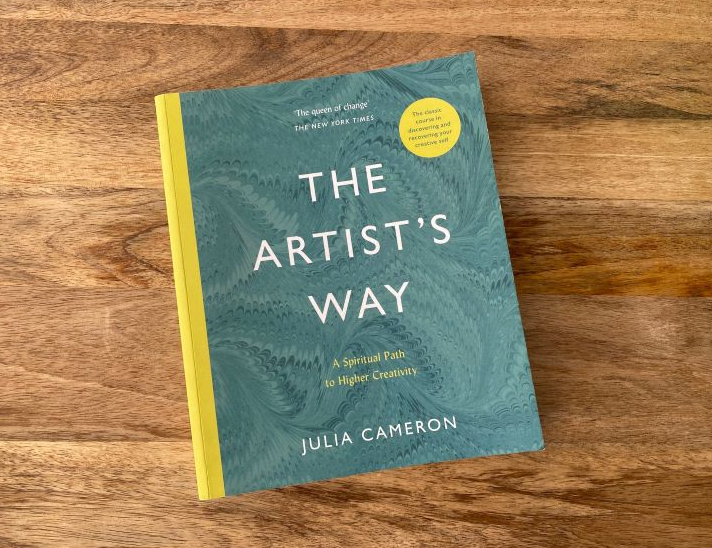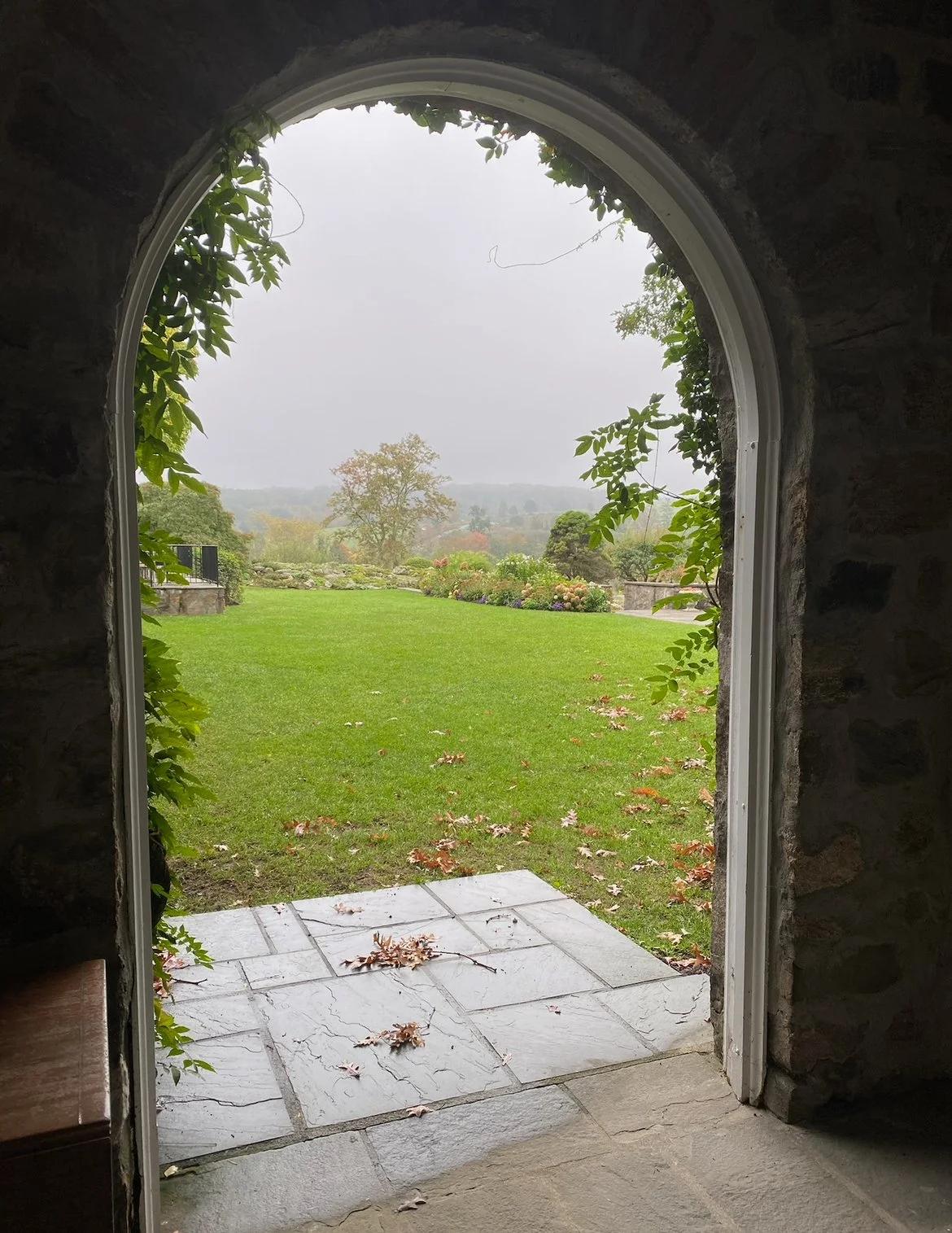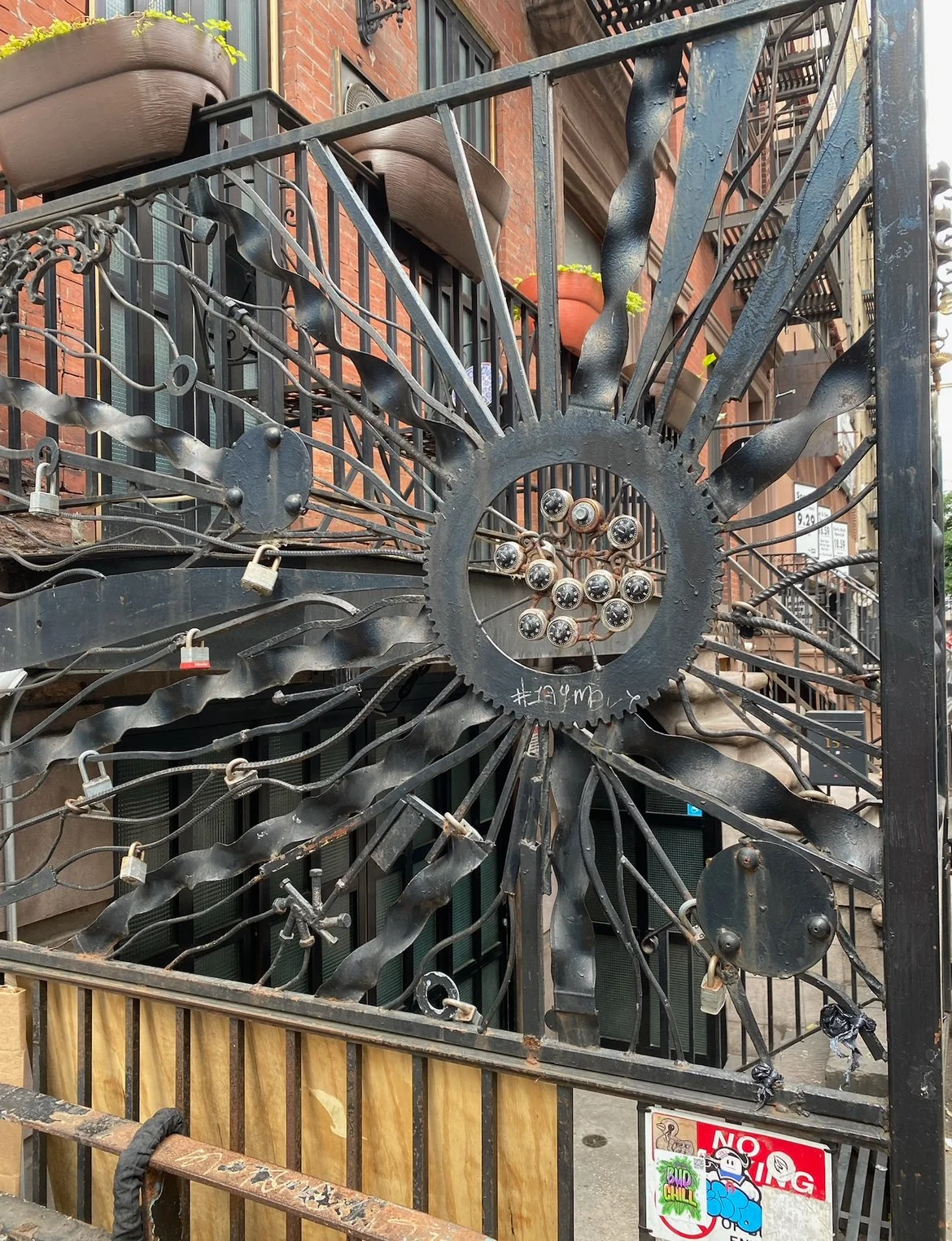Limiting Beliefs as a Creative Artist
As a child, many of us believe that we’ll complete all of our years of school, go off to college or directly into the workforce, and magically end up living sustainable lives with a job and a salary.
In 2024, this is not a common reality, especially when you’re in the creative arts world; instead, artists are often balancing many jobs to support their art.
These additional sources of income help keep bills paid, roofs over heads, and cover the costs of supplies, music, travel, etc. I know this hustle, seeing as I am a classical vocalist, and also a member of Tanya’s marketing team, where I create graphics, write, and do administrative work.
I met Tanya through her daughter, Molly, who is a great friend of mine, and has watched me work nonstop as I navigate the ups and downs of being a professional musician in Philadelphia.
While I am primarily a musician and educator, I am also a nanny, sitter of houses and animals of all kinds, and U-Haul driver for many of my moving friends. Having these additional funds allows me to save up for my future goals, both as a human and an artist.
Author Julia Cameron, best known for The Artist's Way, discusses at length how important it is to nurture yourself as a creative individual.
The book, which is all about artistic recovery, guides struggling artists of all mediums, to uncover their inner child, after any duration of burnout. Truth be told, even the most successful artists had or still have limiting beliefs.
There’s also the tortured artist stereotype, which gives the idea that all artists come from suffering, suffer while they work, and stay in this endless cycle of emotional volatility and instability. It's exhausting to think that good art only comes from struggling. Good art comes from tapping into the very core of yourself, which can be good or bad or in between in any given moment.
Before I get into it, let’s name some limiting beliefs. There’s the idea that we have to hustle for what we’re worth, and that our worth is directly related to what we do. There’s people pleasing, and the fear that we’ll be abandoned if we’re not agreeable or accommodating or saying “yes” to everything. There’s the idea that we’re too much, or not enough, sometimes coexisting together simultaneously. Of course, there are more, and they are nuanced from person to person; but it’s important to keep these ones in mind going forward.
I hate to admit it, but so many of my accomplishments as a musician have happened as a result of fighting my own limiting beliefs.
For so many years, I felt as if music was the only thing that I was really, truly good at. It came naturally, which makes sense, as my parents are avid listeners of all kinds of music, go to concerts on the regular, and exposed my sister and I to thousands of good records.
Even in elementary school, I felt the need to be the best at my instrument, in choir, in the chorus of the school musicals. My competitive nature with myself got even more toxic after entering high school, where I was surrounded by people so much better than me, and better than I ever thought I could be. My peers knew me as someone who worked impeccably hard, as the person who auditioned for every single solo and opportunity, but what they never knew is that all of it was driven by a mix of limiting beliefs - but mainly the idea that I wasn’t enough.
At 17, I was first chair in my voice type for All-State Choir. Then, I went to All-Eastern. This still wasn’t enough, I wasn’t doing enough. Even my accolades in college weren’t enough, it was an endless competition with myself; and entering the professional world, I believed strongly that I was inferior because I didn’t have a degree, my experiences were so much smaller than those of my peers (when in reality, this often was not the case), and I sacrificed all of my own needs to move my way up in my field. Would you be surprised if I told you that even making advances in the most rewarding way wasn’t enough? At the end of the day, I felt smaller than ever, and even more depleted.
When you’re in the arts, your very own, very private limiting beliefs will often be exposed to you by an outside force. I’ve had teachers and professors and colleagues remind me time and time again that I’m not enough; whether it was my voice, the work I was doing, the amount of effort I was giving in a specific environment, anything.
Challenging your limiting beliefs when they’re being hashed out to you on the regular is tough, albeit, many of these instances occurred in places that were temporary. I once had a letter of recommendation written for me that said “if there’s one thing about Hayley, it’s that they’ll always ask “how can I help?”, and this gave me a little crack in the narrative. I’m a human, so there are times where I physically, mentally, and emotionally cannot give my all, especially as a chronically ill human. To a certain degree, the limiting belief shifted to people pleasing, which often walks hand in hand with whatever other beliefs you have. I am thankful that the mentor who wrote me that letter would notice when I was burning out, and encourage me to take a step back, only focusing on one set goal.
Sustaining yourself in the creative world, especially in music, means that you wear many hats. I'm talking 3 or more jobs at a time to sustain your art. That’s where yet another limiting belief rears its head - having to hustle for your worth. Relying on performances or gigs or shows for your primary source of income isn’t practical, but it also isn’t practical to have to work yourself to the point that you’re no longer able to enjoy your art. Having your hierarchy of needs met is key, but there is so much value in being able to enjoy singing healthily.
If I had a dollar for every time I dozed off during a church gig, or while waiting to take the stage, I’d be able to pay multiple months of rent. I love my church job, and I love singing and sharing and telling a story through music, but when you’re running from a traditional job to a concert call, or you’re showing up to sing a mass at 9am after babysitting until 1am, you’re going to resent it.
Unfortunately, there often aren’t ways around this. At the end of the day, having a roof over your head and food in your belly and your prescribed medications accessible are crucial in surviving.
Of course, having room for things you enjoy and being able to take time for yourself to reset and reevaluate are also important, but that’s something I’m still learning to master, especially after being in music school for so many years where you often don’t have the time to eat more than one legitimate meal a day. After teaching for a few years, I learned that I really need Saturdays off, with the only exception being babysitting gigs or other concerts. After singing at church on Sundays, I take the day to rest. Sundays are usually when I do my massage therapy to help with my chronic pain, or take myself to my favorite coffee shop and read for hours on end. I also always take a nap.
Naps are a critical component of being a musician, don’t let anyone ever tell you otherwise.
I have by no means mastered taking care of myself, and still live with these limiting beliefs, but have been working on taking the time that I need to check in with myself.
This can be excruciating at times, but it’s incredibly eye-opening. Until moving to Philadelphia nearly two years ago, most people knew me solely as being a really dedicated musician, who seemed to always be going through something really brutal, and who would do anything to help anyone.
Nowadays, people know me as someone who’s going through a lot, and has put performing on the back burner to focus on themselves. I’m not exactly proud of these identities, as I feel they are surface-level, but I recognize that I pinned them on myself from a very young age. I am proud to be known as the person who is always working to better themself, and is now putting their own needs first for a change. I have a long way to go, but I can see that I’ve come a very long way.
Written by:
Hayley Elizabeth Collins







